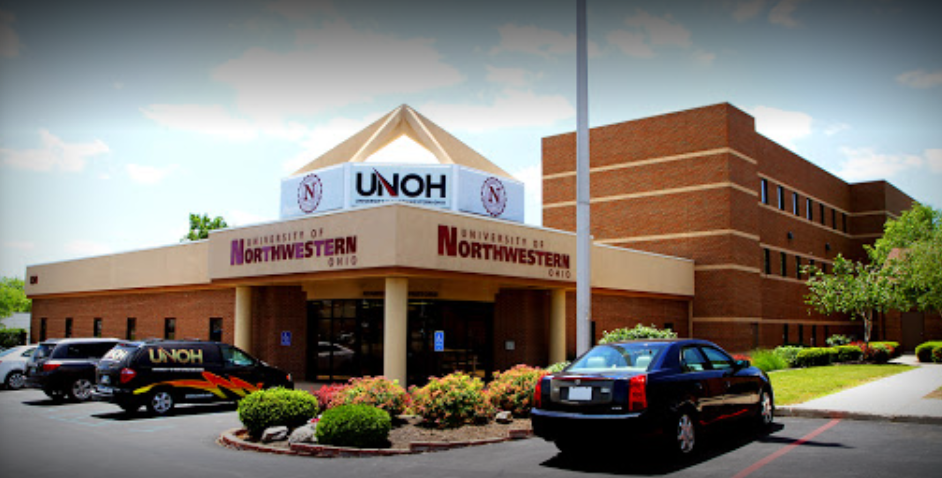ONU Raabe College of Pharmacy Receives Grant
Written by WKTN Staff on August 24, 2019
The Ohio Northern University Raabe College of Pharmacy, in partnership with the Ohio Pharmacists Association, has received a $119,286 grant from the Cardinal Health Foundation through the foundation’s new Optimal Prescribing in Pain Management (OPPM) initiative.
The funded project is designed to improve pain management and pain medication prescribing by engaging community pharmacists to partner with prescribers and establish a relationship focused on improving pain management.
The two-year grant will provide support for project coordination, creating and distributing continuing statewide education programs for pharmacists and physicians, and expanding the efforts of the Ohio Community Pharmacy Expanded Services Network (CPESN).
“This grant will underpin our efforts to improve the team-based management of pain by establishing relationships between pharmacists and prescribers,” said Steven Martin, dean of the ONU Raabe College of Pharmacy. “The project will ultimately improve patient care, through a closer collaboration between prescribers and pharmacists. This work expands our university’s focus on fighting opioid misuse and its tragic effects. This project is a statewide effort to improve pain management, reduce risks associated with prescribed opiates, and establish safe guards to manage risk that can’t be avoided.”
The grant program pairs schools of pharmacy with state pharmacy associations, bringing together complementary assets to address the issue. The Cardinal Health Foundation, in partnership with the National Alliance of State Pharmacy Associations (NASPA) and the American Association of Colleges of Pharmacy (AACP), is the national convener of the program.
The ONU College of Pharmacy was one of five OPPM grant recipients in five states. The grant program is designed to prevent opioid use disorder across these five states by supporting strategies that drive optimal prescribing of pain medications and the appropriate use of opioid medications.
“ONU shares our goal of preventing opioid misuse,” said Jessie Cannon, vice president of community relations at Cardinal Health. “We know that doing so requires multiple strategies, including supporting the work to reduce prescribing and finding alternatives for pain management. We are so pleased to engage pharmacists in this important work.”
The impact of opioid misuse is a point of emphasis for ONU as the university looks to strengthen the quality of life for area residents. The university has formed the Northern Opioid Alliance, and several faculty and staff members are involved in area communities, joining with leaders and others to develop responses to the opioid epidemic in the region.
All grant recipients will participate in a national learning collaborative to facilitate accelerated action and measurements at the local level. The Alliance for Integrated Medicine Management (AIMM) will lead the collaborative and provide individual coaching to grantees.
“We’re pleased to be working with our partners—NASPA, AACP and AIMM—and the grant recipients,” Cannon said. “All of us are committed to fostering solutions to the complex public health crisis of opioid misuse. As they work together over the next two years, our grantees will learn from each other—and we will learn from them.”



